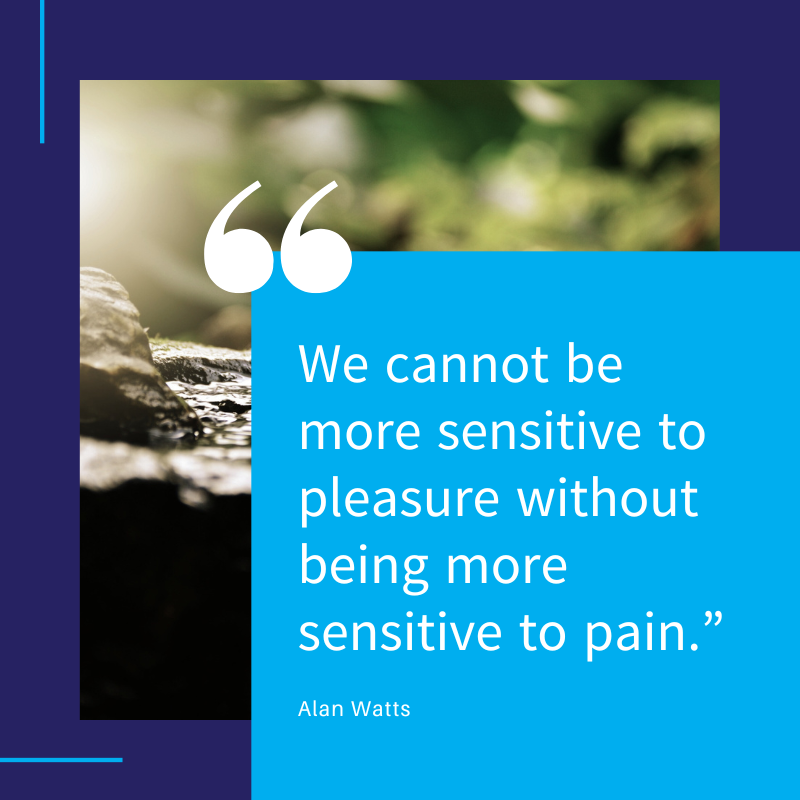Are You a Highly Sensitive Person? Maybe the DOES Acronym Can Help You Decide!

Before I share about highly sensitive people, I would like to acknowledge Elaine Aron, who first coined the term in 1996 in her book the Highly Sensitive Person. Sensitivity, high sensitivity and sensory processing sensitivity are terms used to describe a highly sensitive person.

What’s a Highly Sensitive Person?
A highly sensitive person (HSP) is someone who has –
“… an innate temperament trait expressed as an awareness of subtleties in stimuli as well as a potential to be overwhelmed by too much stimuli.”
~ Aron and Aron, 1997.
According to Aron (2010), this enhanced perception –
“is not a quality of the sense organs, but rather of a brain exhibiting a strategy of processing information especially deeply.” (p.2).
Some other interesting facts include –
- sensitivity is found in 15 to 20% of the population;
- there are as many sensitive men as women born, however many men hide the trait;
- high sensitivity is not a disorder; and
- there is an overlap with introversion, however about 30% of HSP’s are extroverts, so is not the same as introversion.
The DOES Acronym – Four Categories of the HSP Trait
High sensitivity is a trait that affects all areas of life. Aron (2010) has grouped the characteristics in to four main categories. The four categories are –
1. Depth of Processing
Do you find yourself reflecting a lot? Take longer than your friends, family or colleagues to make decisions? Or maybe have deeper feelings and empathy for other people?
Don’t worry! HSP’s process the world more deeply and this is done either –
- consciously (i.e through emotions, being connected to the world or other people), or
- unconsciously (i.e through ‘gut feelings’).
2. Overarousability
Find you notice a lot in situations and environments? For example – people’s emotions (even though they may not be saying them), noise levels, the environment (is it cluttered or uncluttered).
HSP’s tend to notice more in situations. This can be a superpower, however it can lead to high levels of arousal and chronic stress, if not monitored.
3. Emotional Intensity or Empathy
HSP’s have strong emotional (both positive and negative) reactions. Subsequently, they are often in tune with other people’s emotions which helps them be very empathetic.
4. Sensory Sensitivity
Highly sensitive people notice subtle stimuli in the environment that other people do not. For example – you may sensitivities around food, are bothered by wearing woollen clothing or the sound of fireworks.

If you are in to research like me, please click here to read the research behind DOES from Elaine Aron.
Over to You…
I hope this article has given you some insights in to what a highly sensitive person is. What was your biggest takeaway? If you have any further questions, please comment below.
If you are ready to reclaim your courage and take the next step towards freedom and opening your heart, why not join our Toolkit?
References –
Aron, E. (1996). The Highly Sensitive Person: How to Thrive When the World Overwhelms You. New York, USA: Broadway Books.
Aron, E. (2010). Psychotherapy and the Highly Sensitive Person. New York, USA: Routledge.
